How Much Protein is Too Much?
The Recommended Daily Allowance (RDA) for protein was established in the early 1940s and has been officially sanctioned ever since. The RDA is NOT a minimum requirement (minimum requirement is 5-6% total diet calories).
A frequent concern regarding vegetarian, vegan, and plant-based diets is that they may lack sufficient protein. However, research demonstrates that a healthy meatless diet can provide all the nutrients needed including protein.
RDA for protein is 0.8 grams protein per kilogram/body weight–
(8 to-10% of total diet calories)
It is the average requirement that has already been adjusted upwards. We do not need protein in excess of the RDA. Protein deficiency does not exist without calorie deficiency.
Protein in plant-foods
As demonstrated by the chart below, 8-10% protein diet is easily provided by a whole-food, plant-based diet. There are many plant-based protein sources.
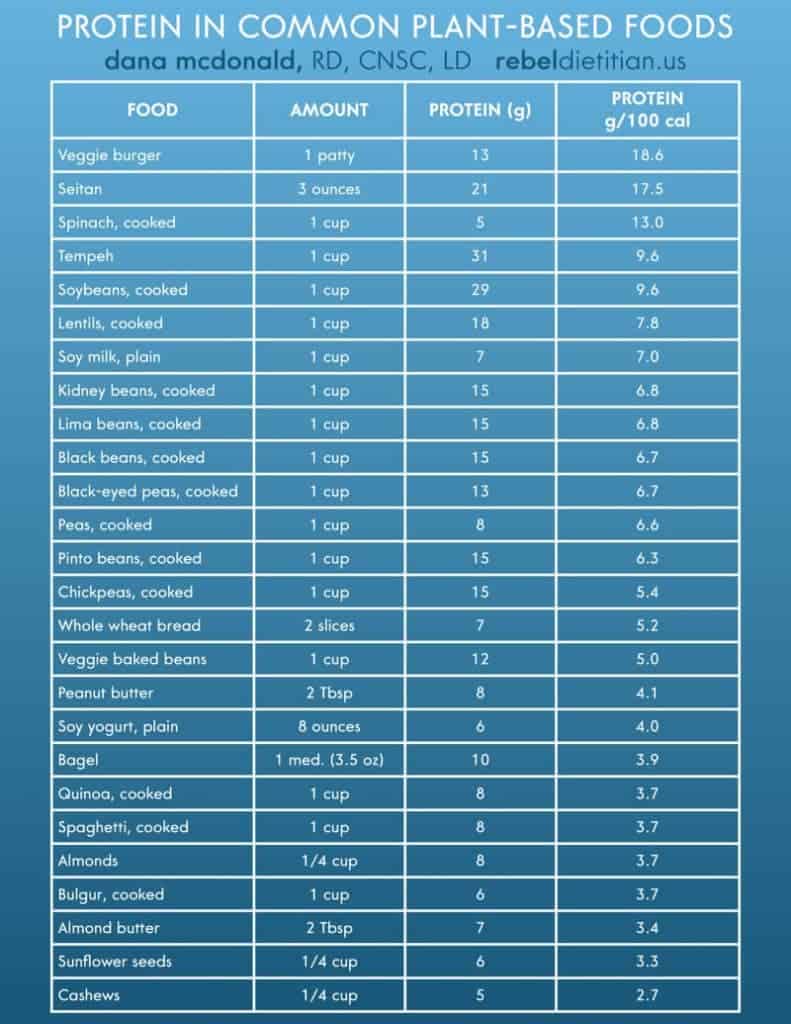
Nutrition expert, Jeff Novick, has even more extensive charts on protein that can be found HERE.
Calculating how much protein you need on average (not minimum):
Ideal Body Weight/ Not Necessarily Current Body Weight (BW) x .37
Examples:
Body Weight of 132 lbs. x .37 = 48 grams, average
Body Weight of 150 lbs. x .37 = 56 grams, average
Body Weight of 180 lbs. x .37 = 66 grams, average
How Much Protein is Too Much
According to Dr. Colin Campbell, author of The China Study, as long as you are consuming enough calories on a plant-based diet, you are getting more than enough protein.
“A whole food plant based (WFPB) diet, with no added oil, can easily provide 10-12% total protein, which meets the long established recommended daily allowance (RDA) of 9-10% protein.
The continued use of an upper ‘safe’ level of 35% protein of total, daily dietary calories in my view is grossly unscientific and completely irresponsible.”--Dr. Colin Campbell
*Note: Plant protein does NOT affect the body in the same ways (listed in the above quote) as animal protein.
“Excess animal protein not only raises cholesterol, but also leeches calcium from our bones (resulting osteoporosis and bone fractures), inflames arteries, puts a tremendous burden on kidneys and liver (resulting in kidney stones and gallstones), and ignites tumors and cancer.”–Rip Esselstyn, of the book Engine 2 Diet, during an interview with University of California, Davis Integrative Medicine Program
Dr. Colin Campbell’s Recommendations for Dietary Guidelines article.
The Great Protein Fiasco
This short video discusses the history of the RDA and recommended protein requirements.
Film Review of The Game Changers. This is a powerful new documentary about meat, protein, and strength that attempts to dispel the myth that real men eat meat.
Sources:
Building Bone Vitality, Amy Joy Lanou, PhD
Remer, T. and F. Manz, “Potential Renal Acid Loads of Foods and It’s Influence on Urine pH Journal of Academy of Nutrition and Dietetics.
T. Colin Campbell Center for Nutrition Studies, Nutritional Fundamentals
Neal Barnard, MD, Cancer Survivors’ Guide
More articles on protein
About Terri Edwards
Hi guys! I am the content creator behind EatPlant-Based and a licensed Food for Life instructor with the Physicians Committee for Responsible Medicine. I am passionate about sharing healthy recipes and tips to empower others to get healthy. I’m so glad you’re here! Read More…
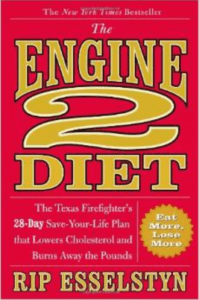

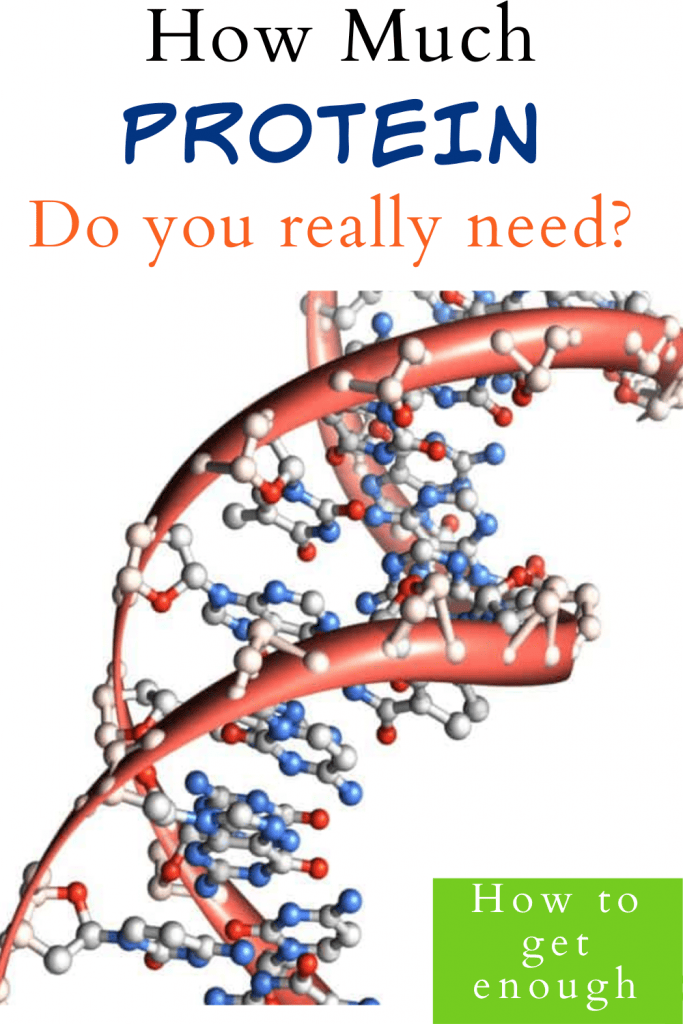
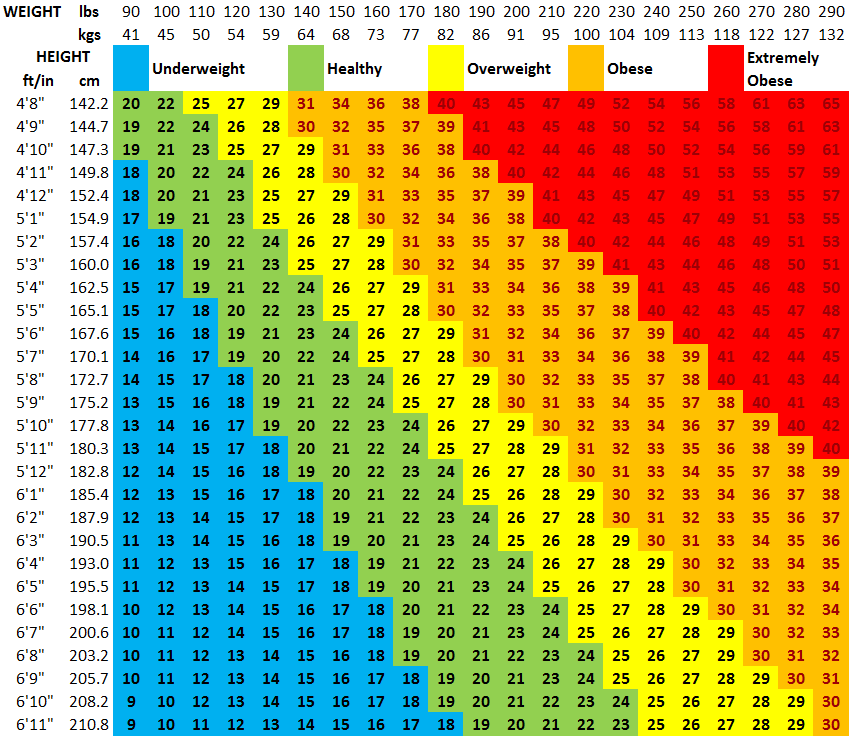


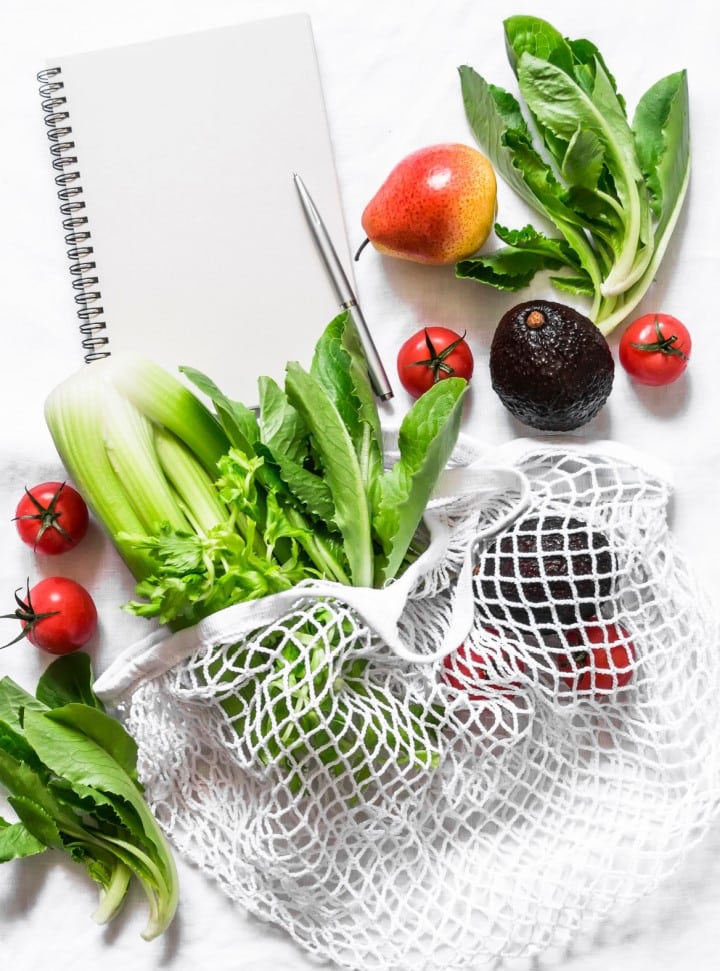
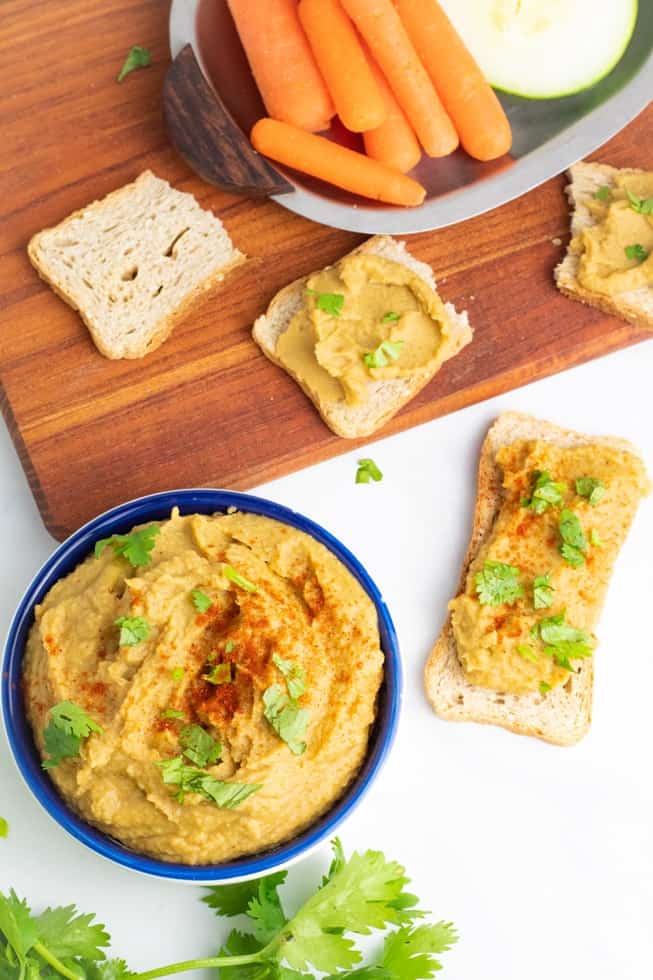
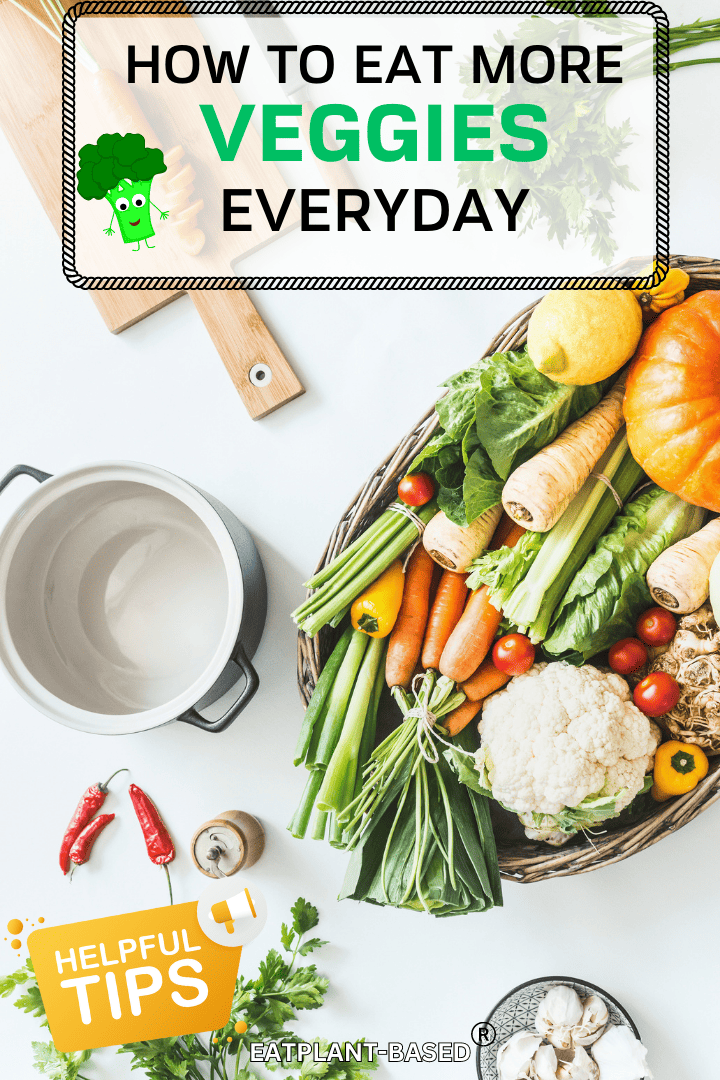
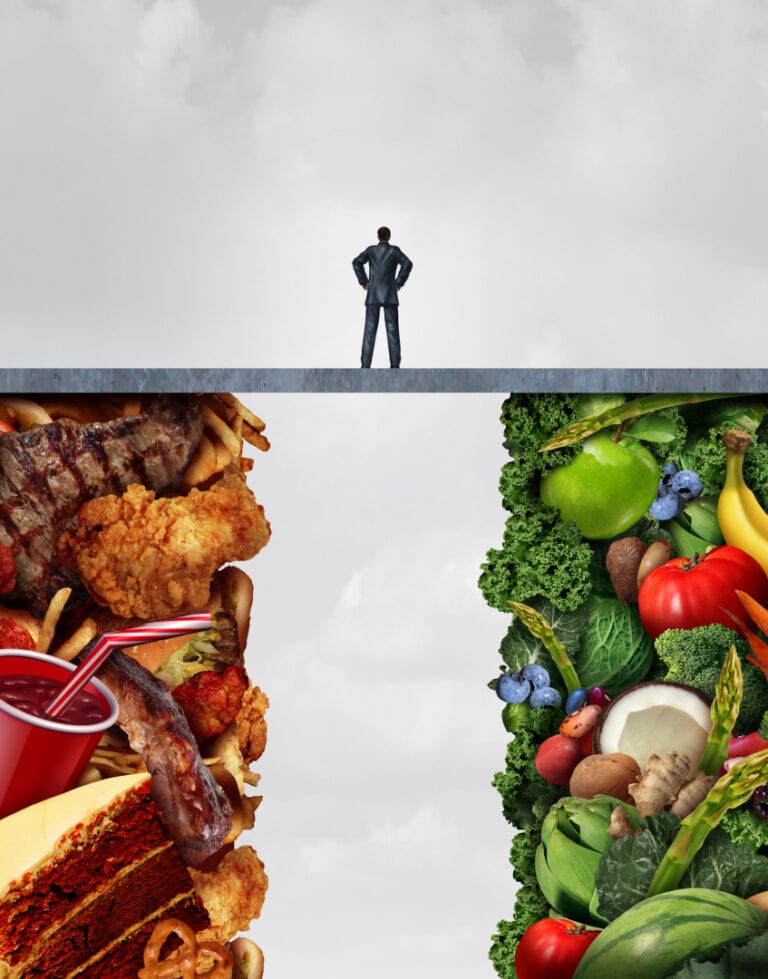
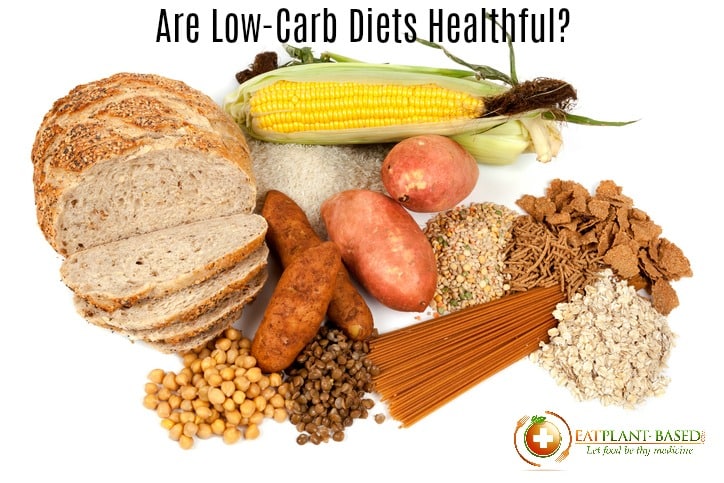
I’m a bit confused as to all I am reading and getting told about protein. I am on just fresh juice program I do add half a avocado and 1/2 teaspoon of Spirulina a day. I use a range of all colours of vegetables and fruits.
I have lost 11kgs in the last 29 days juicing and need to lose another 50kgs. I am doing this also for health reasons. I drink 3 x 500ml of juice a day plus water. I have been told to use a plant base protein powder or I will be losing more muscle weight. I have yet to find one that is palatable or without additives or things I’m allergic to. I am 121kgs at present. Would I need to take more protein?
Hi Carmen,
Everything that I’ve read and studied continues to confirm that all the protein we need can be obtained from a plant-based, whole foods diet, even for athletes. I’ve never been one to juice, preferring to eat whole foods, but I don’t believe there would be any reason to add plant-based protein powders. If you plug your food into the Cronometer, it will tell you exactly how much protein you’re getting so you could gauge it more accurately. https://cronometer.com/
Thank you Terri that would be so much simpler. I will do that. 🙂
Hi, I just read the book PROTEINAHOLIC by Garth Davis M.D. , He points out that When calculating your protein needs by multiplying your weight by grams you should use your lean body weight not your real body weight which if you are overweight will give you a very inflated number for what you really need. That is one reason people think that they need so much more then they really do. http://proteinaholic.com/calculator/ this link expains it better then I could. I highly recommend his book.
Great post. I can seem to get this link to work, Nutrition expert, Jeff Novick, has even more extensive charts on protein that can be found HERE.
Thank you for bringing that to my attention. Jeff’s site seems to be down, and I don’t know if it’s just an update or if he’s switched his website. I was able to find one of the charts on pinterest and updated the link. I appreciate the heads-up!